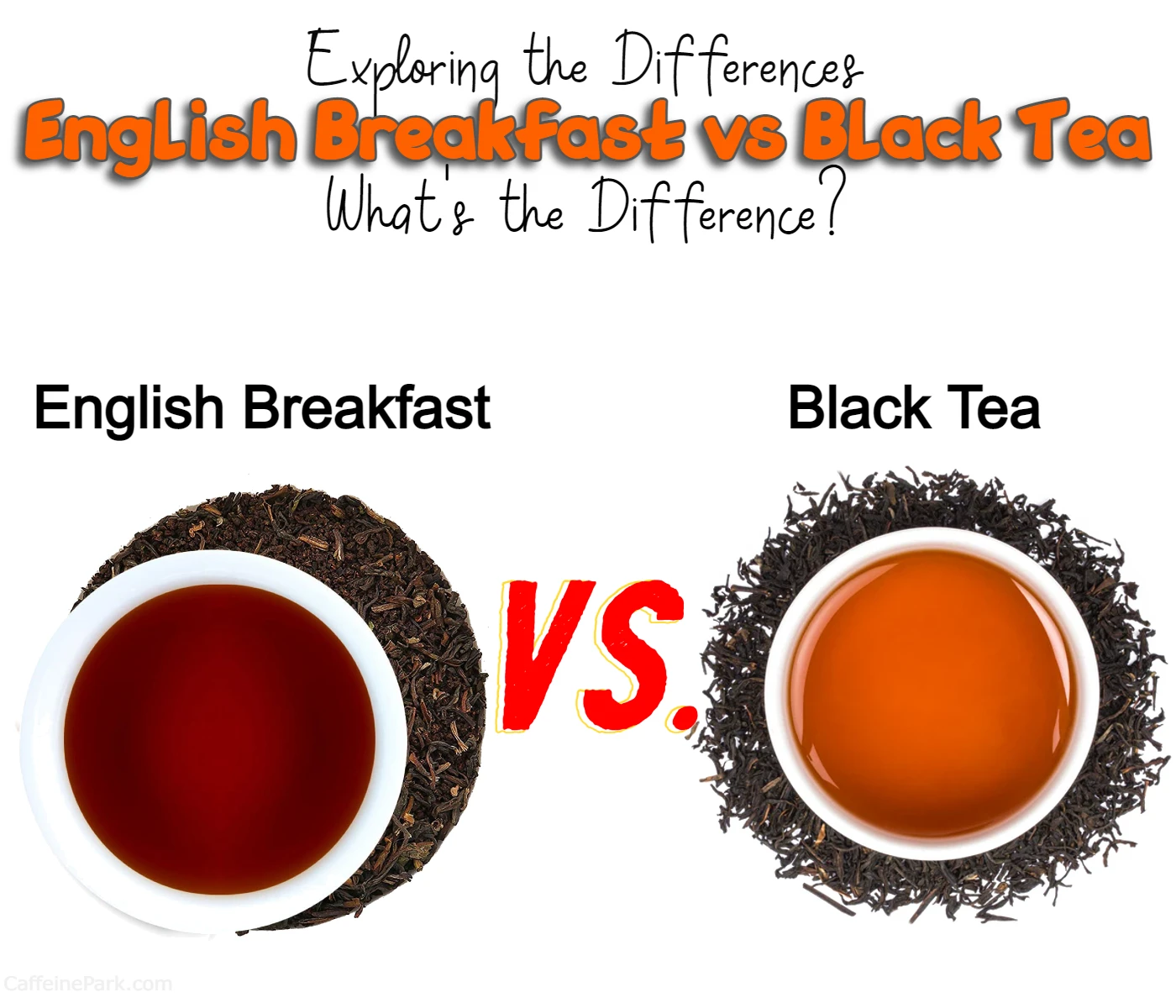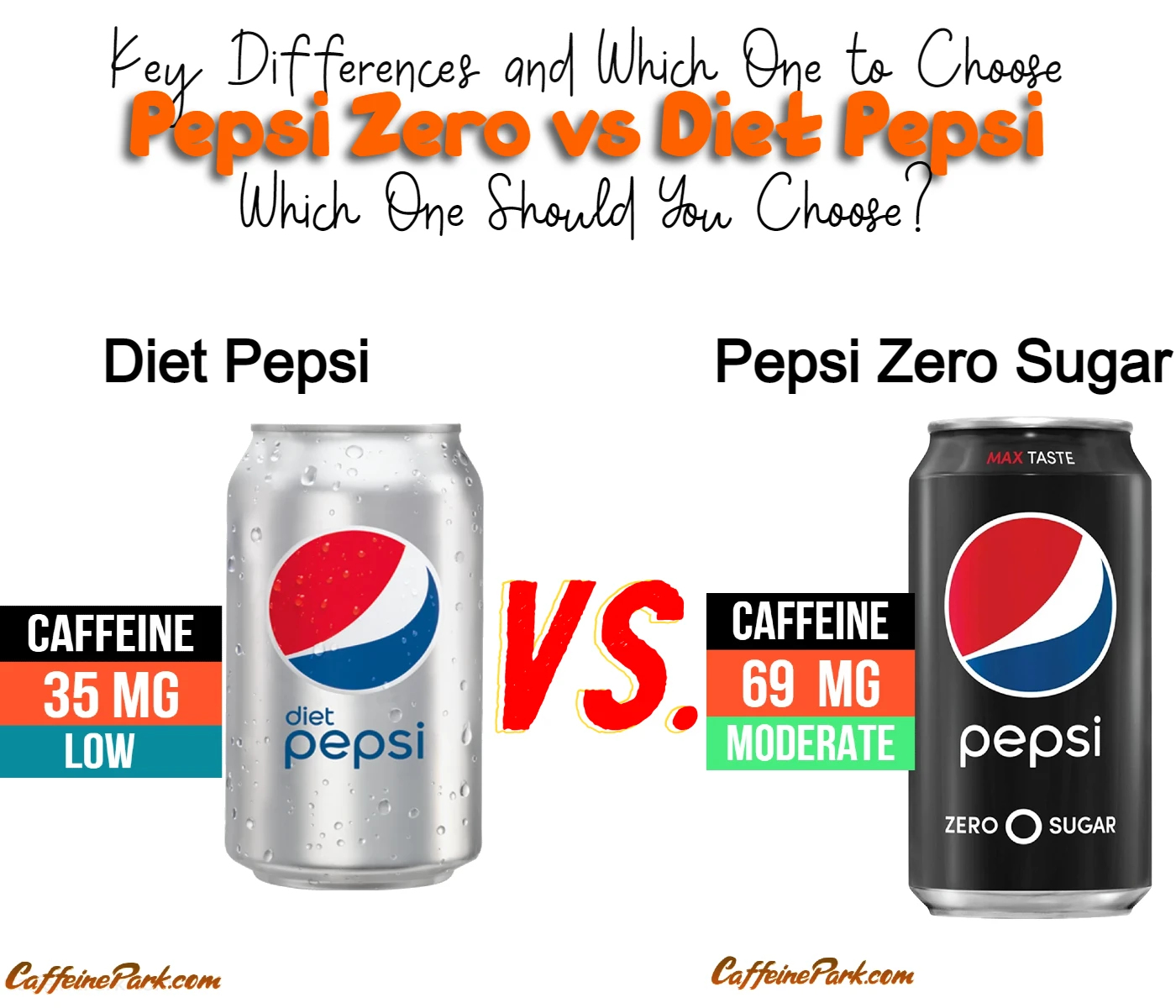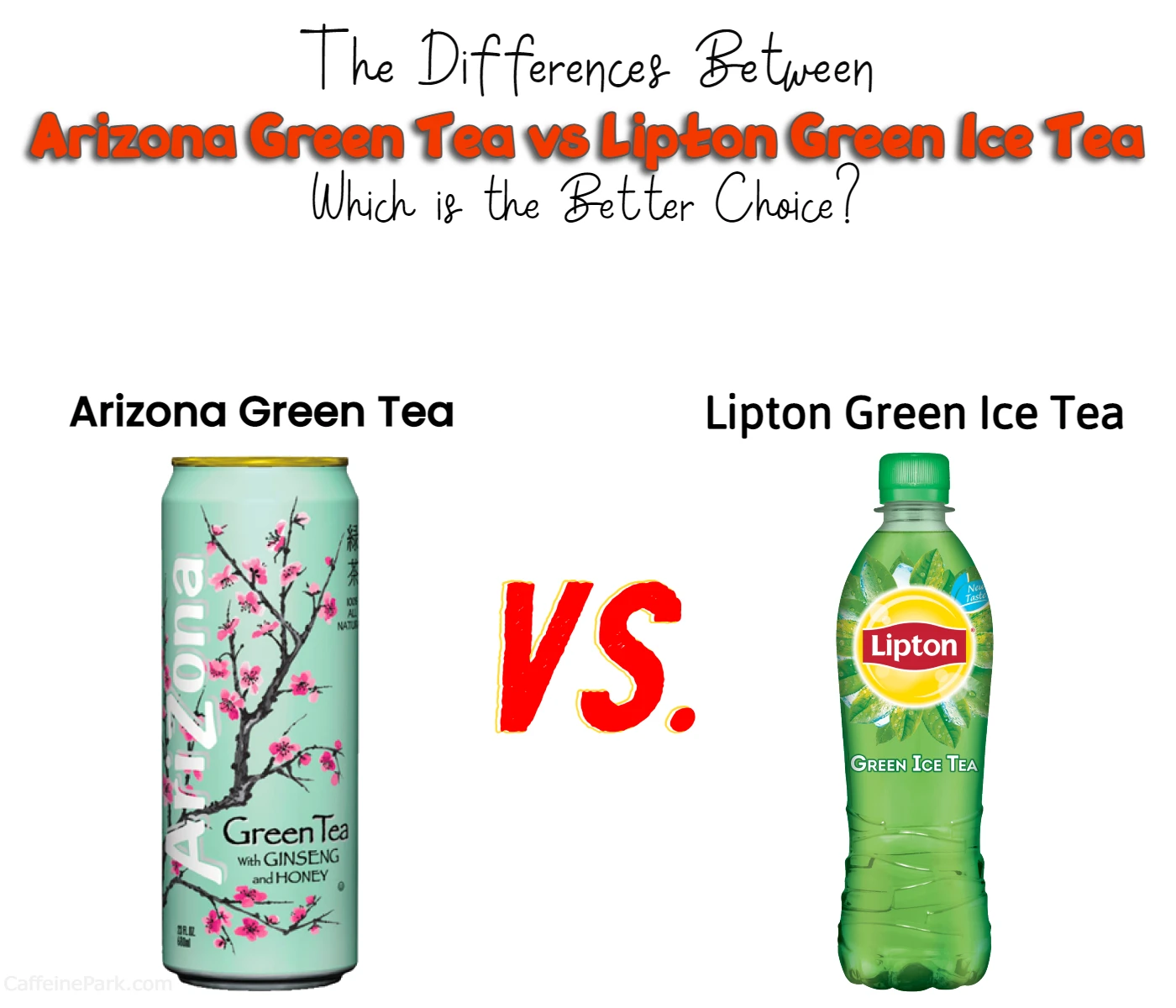
Are you curious about the difference between English breakfast tea and black tea? Well, you’ve come to the right place! In this blog post, we will be exploring the similarities and differences between these two popular tea varieties. Whether you’re a seasoned tea drinker or just starting out, you’ll be sure to learn something new.
English breakfast tea and black tea are both made from the Camellia sinensis plant, but there are some distinct differences between the two. English breakfast tea is a blend of several different black teas, while black tea is made from a single type of tea. The flavor of English breakfast tea is also stronger and more robust than black tea, with a slightly smoky or malty taste. On the other hand, black tea has a milder flavor that can vary depending on the type of tea used.
So, whether you’re a fan of English breakfast tea or prefer the simplicity of black tea, there’s no denying that both options are delicious and satisfying. So why not read on and discover more about the differences between these two classic teas? By the end of this blog post, you’ll be an expert on all things English breakfast tea and black tea. So grab a cup of your favorite brew and let’s get started!
Here’s a quick chart outlining some of the main differences between English breakfast tea and black tea:
| English Breakfast Tea | Black Tea |
|---|---|
| A blend of several different black teas | Made from a single type of tea |
| Strong, robust flavor with a slightly smoky or malty taste | Milder flavor that can vary depending on the type of tea used |
| Generally contains more caffeine than other types of black tea | Caffeine content varies depending on the type of tea used |
| Often enjoyed in the morning and with milk and sugar | A common beverage throughout the day can be enjoyed with or without milk and sugar |
| Can be used to flavor cakes, cookies, and other baked goods | A common ingredient in many spice blends |
Introduction key differences between the two
What are Black Tea and English Breakfast Tea?
Black tea is a type of tea that is made from the leaves of the Camellia sinensis plant. The leaves are first withered, then rolled, and fermented before being dried. This process results in a tea that is rich in flavor and has a deep, dark color. The caffeine content of black tea varies depending on the type and brewing time, but it generally contains more caffeine than other types of tea.
English breakfast tea is a blend of several black teas, usually including Assam, Ceylon, and Kenyan teas. It is a strong, full-bodied tea that is designed to be drunk with milk and sugar. English breakfast tea is often enjoyed in the morning and is a popular choice for those who need a pick-me-up to start their day.
The Origin of English Breakfast Tea
The origins of English breakfast tea are somewhat disputed, but it is generally believed to have been developed in the 19th century in England. At that time, tea was becoming an increasingly popular drink in England, and people were looking for a strong, full-bodied tea that could stand up to the addition of milk and sugar.
According to one popular story, English breakfast tea was first blended by a Scottish tea merchant named Robert Drysdale, who created the blend in the mid-1800s. Drysdale’s tea quickly became popular among the English aristocracy, and soon other tea merchants began creating their own blends.
Another story suggests that English breakfast tea was actually developed in New York City by a tea importer named Richard Davies. Davies is said to have created the blend in the early 20th century as a way to market black tea to Americans who were used to drinking lighter teas.
Regardless of its origin, English breakfast tea quickly became a staple of British culture and remains a popular choice for tea drinkers around the world today.
The Flavor Profile of English Breakfast Tea
English breakfast tea is known for its strong, robust flavor. The blend of different black teas gives it a unique taste that is both rich and smooth. The tea is often described as malty or even slightly smoky, with a hint of bitterness that is balanced by the addition of milk and sugar.
The caffeine content of English breakfast tea varies depending on the blend and brewing time, but it generally contains more caffeine than other types of tea. This makes it a popular choice for those who need a little extra energy to start their day.
How to Brew English Breakfast Tea
To brew a perfect cup of English breakfast tea, start by boiling fresh, cold water. Place one tea bag or one teaspoon of loose tea leaves in a teapot or mug, and pour the boiling water over the tea. Let the tea steep for 3-5 minutes, or until it reaches your desired strength. Add milk and sugar to taste, if desired.
English breakfast tea can also be enjoyed as iced tea. Simply brew the tea as you normally would, then let it cool in the refrigerator. Serve over ice and enjoy!
What is Black Tea Used For?
Black tea has been used for centuries for its health benefits. It is high in antioxidants, which can help to reduce the risk of chronic diseases like cancer and heart disease. It is also believed to boost the immune system and improve mental alertness.
Black tea has also been used for its medicinal properties. It is a natural diuretic, which means that it can help to reduce fluid retention in the body. It has also been used to treat digestive issues like constipation and diarrhea.
In addition to its health benefits, black tea is a popular beverage around the world. It can be enjoyed plain or with milk and sugar and is often served alongside breakfast or as an afternoon pick-me-up.
Black tea is also used in cooking and baking. It can be used to flavor cakes, cookies, and other baked goods, and is a common ingredient in many spice blends.
How to Brew Black Tea
To brew a perfect cup of black tea, start by boiling fresh, cold water. Place one tea bag or one teaspoon of loose tea leaves in a teapot or mug, and pour the boiling water over the tea. Let the tea steep for 3-5 minutes, or until it reaches your desired strength. Remove the tea bag or strain out the loose tea leaves, and serve.
Black tea can also be enjoyed as iced tea. Simply brew the tea as you normally would, then let it cool in the refrigerator. Serve over ice and enjoy!
Differences Between English Breakfast Tea and Black Tea
While English breakfast tea and black tea are both made from the same plant and share some similarities, there are a few key differences between the two.
- Blend: English breakfast tea is a blend of several different black teas, while black tea is made from a single type of tea.
- Flavor: English breakfast tea has a stronger, more robust flavor than black tea. It is often described as malty or even slightly smoky, while black tea has a milder flavor that can vary depending on the type of tea used.
- Caffeine Content: English breakfast tea generally contains more caffeine than other types of black tea, making it a popular choice for those who need a little extra energy.
- Serving: English breakfast tea is typically served with milk and sugar, while black tea is often enjoyed plain or with lemon.
- Uses: English breakfast tea is often enjoyed in the morning and is a popular choice for breakfast, while black tea is a common beverage throughout the day.
Conclusion
In conclusion, black tea and English breakfast tea are both delicious beverages that can be enjoyed in many different ways. While they share some similarities, there are also some key differences between the two, including their blend, flavor, caffeine content, serving, and uses. Whether you prefer a strong cup of English breakfast tea with milk and sugar or a milder cup of black tea with lemon, both options are sure to provide a delicious and satisfying experience.
Alternative to English breakfast tea and black tea
If you’re looking for an alternative to English breakfast tea or black tea, there are plenty of other options to choose from! Here are a few suggestions:
- Green tea: Made from the same Camellia sinensis plant as black tea and English breakfast tea, green tea has a milder, grassy flavor and a lower caffeine content.
- Herbal tea: Herbal teas are made from a variety of herbs and botanicals and are naturally caffeine-free. They come in a range of flavors, from fruity to spicy to floral.
- Rooibos tea: Also known as red tea, rooibos tea is made from a South African plant and has a naturally sweet, nutty flavor. It is caffeine-free and rich in antioxidants.
- Chai tea: Chai tea is a blend of black tea, spices (such as cinnamon, cardamom, and ginger), and milk. It has a bold, spicy flavor and is often served with sugar or honey.
- White tea: White tea is made from the youngest leaves and buds of the Camellia sinensis plant and has a delicate, floral flavor. It has a lower caffeine content than black tea and is rich in antioxidants.
These are just a few of the many options available when it comes to tea. Whether you prefer bold and robust flavors or light and delicate ones, there’s a tea out there for you!
FAQs
English breakfast tea is a blend of several different black teas, while black tea is made from a single type of tea. English breakfast tea has a stronger, more robust flavor than black tea, with a slightly smoky or malty taste.
English breakfast tea generally contains more caffeine than other types of black tea, making it a popular choice for those who need a little extra energy.
While English breakfast tea is traditionally served with milk and sugar, you can certainly enjoy it without these additions. The tea has a strong, bold flavor that can stand on its own.
Read More:





